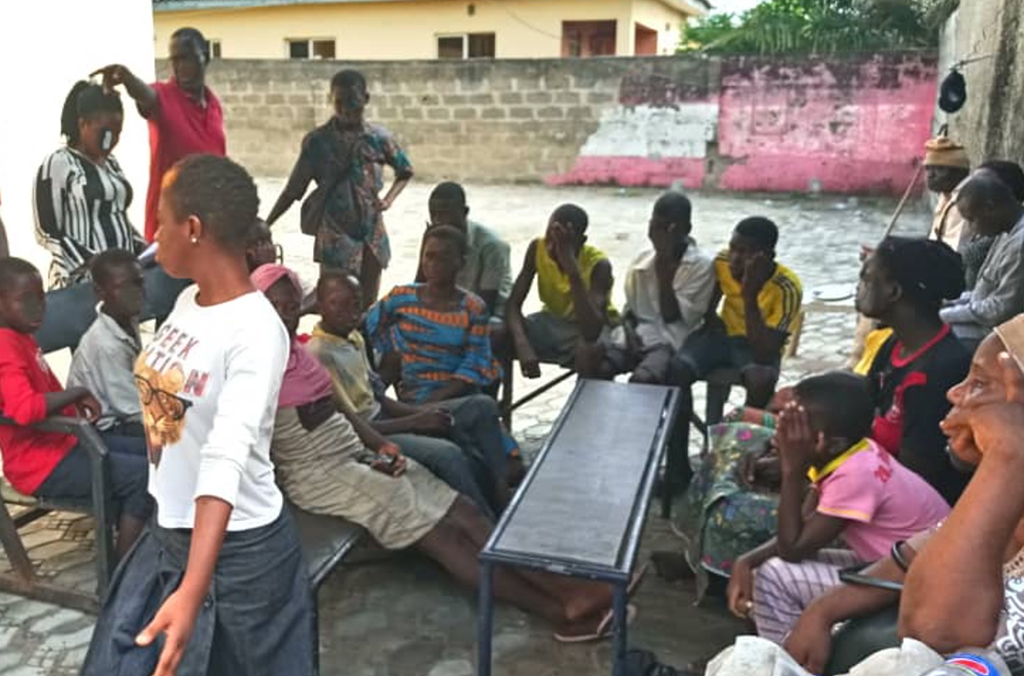
NGOCSTIP – Victims of Trafficking in Hyderabad have become the center of international concern as a Nigerian man named Shareef Saleh continues his desperate search for his missing wife and two daughters. One of the daughters has special needs, making the disappearance even more distressing. Frustrated by what he perceived as inaction from the local authorities, Shareef took matters into his own hands. He began tracing clues using SIM card activity and food delivery data, believing that his family might have been taken across borders to Bangladesh. This case shines a light on the growing problem of trafficking in South Asia and the systemic failures that allow such crimes to go unnoticed. As families like Shareef’s are left to navigate these tragedies alone, the urgency for better protection systems for vulnerable individuals becomes more evident than ever.
In the unfolding case of Victims of Trafficking in Hyderabad, Shareef’s response to his family’s disappearance stands out. After feeling abandoned by the authorities, he started analyzing phone data, transaction logs, and online orders. Rather than waiting for law enforcement to respond, he moved quickly to piece together the last known activities of his wife and daughters. The lack of urgency from police officers became another form of trauma for the family. It has been more than six weeks since their disappearance, yet there have been no significant breakthroughs from official investigations. The community has begun paying attention only after Shareef’s story spread online, highlighting how slow public systems can be in reacting to human trafficking threats. This is not only about one family but reflects a widespread issue where the first hours of disappearance are often ignored.
Human trafficking networks in South Asia exploit weak border control and lack support for victims. Shareef suspects traffickers abducted his wife and daughters. He believes a group lured them and smuggled them across the border. Authorities face difficulties when solving cases that cross international boundaries. Bureaucratic delays often slow down the investigation process. This tragedy involves a child with special needs, increasing the urgency. Neighboring countries still struggle to build strong anti-trafficking cooperation. Officials often lose victims in paperwork and diplomatic complications. We must build real-time tracking systems for missing persons. Nations need to share intelligence faster and more effectively to protect victims.
While victims suffer, survivors like Shareef are left to carry the emotional and investigative burden alone. His plea for help was initially overlooked, reflecting a disturbing pattern where marginalized individuals do not receive timely intervention. The failure of institutions to act promptly adds to the trauma. Emotional exhaustion and public frustration rise when missing persons cases are treated with indifference. Shareef’s courage in navigating this process without institutional support is both inspiring and alarming. Governments and human rights organizations must take notice of these warning signs and address systemic neglect. When the very people assigned to protect citizens do not respond, the safety net collapses. The role of the media in exposing these stories has become vital, as it brings visibility to situations that would otherwise fade into silence. Emotional scars caused by such disappearances can take a lifetime to heal.
To prevent further tragedies involving Victims of Trafficking in Hyderabad and other regions, authorities must implement urgent reforms. Agencies should establish clear standard operating procedures for missing person cases, especially involving women, children, and persons with disabilities. Law enforcement officers need to recognize early signs of trafficking through specialized training. Communities must report suspicious activities and engage in protective efforts. Officials should strengthen local reporting channels to catch red flags early. Governments must deploy real-time tracking systems and integrate databases across borders to monitor victim movements. Shareef’s heartbreaking experience demands meaningful change that others should not endure. If leaders ignore these warnings, traffickers will continue to exploit families trapped in silence and delay. We must build protections that prioritize people’s safety and uphold justice for all.